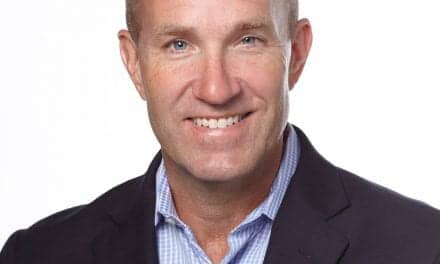Washington, DC — Senators Tom Harkin (D-Iowa) and Olympia Snowe (R-Me) today reintroduced the.jpg)
The bill is unchanged from legislation in the 111th Congress that attracted a total of 10 co-sponsors by the end of the session. As reported in April by Hearing Review, Reps Tom Latham (R-Iowa) and Carolyn McCarthy (D-NY) have already reintroduced HR 1479 with the support of 36 Representatives.
The Hearing Aid Tax Credit would provide assistance to many of the 34 million people who need hearing aids to treat their hearing loss. Medicare expressly excludes coverage of hearing aids as do most private insurance policies, and as a result, cost is cited as a prohibitive factor by two thirds of the people who do not treat their hearing loss, according to the Hearing Industries Association (HIA.)
If enacted, S 905 would provide a $500 tax credit per hearing aid to people of all ages, which differs from the House bill that would cover children and people age 55 and older. That would be a critical assist since more than 60% of all hearing aid purchases involve no third party payment of any kind, and only 25% of people who could benefit from hearing aids actually use them, according to the latest MarkeTrak report.
HIA’s Chairman, Todd Murray, said in a press statement, "Given that hearing aids can help 95% of people with hearing loss, it is tragic that the lack of financial assistance continues to create a significant barrier to access for millions of Americans."
S 905 is actively supported by numerous organizations including AARP, the Alexander Graham Bell Association for the Deaf and Hard of Hearing (AG Bell), Hearing Loss, Association of America (HLAA), Academy of Doctors of Audiology (ADA), American Academy of Audiology (AAA), American Speech Language Hearing Association (ASHA), American Tinnitus Association (ATA), International Hearing Society (IHS), and Hearing Industries Association (HIA).
Visit www.hearingaidtaxcredit.org for information about the bill.
SOURCE: Hearing Industries Association




